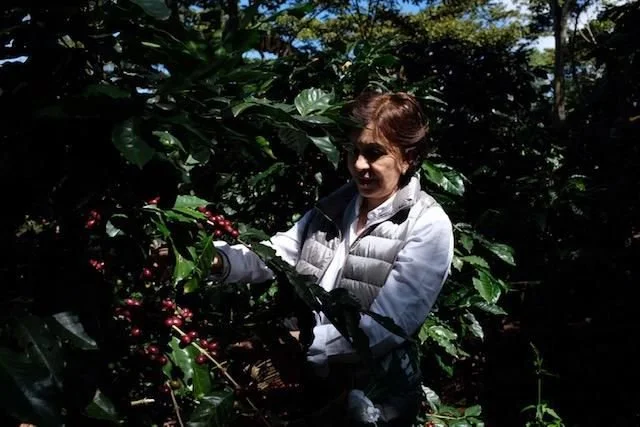*Cafetos de Segovia is a coffee exporter based in Nueva Segovia, Nicaragua. It was founded in 2015 by two Nicaraguan sisters, Martha and Ana Alvir. The sisters fled Nicaragua during the civil war in 1977 and settled abroad, but they never forgot their homeland. In 2013, their father passed down his two coffee farms to them: Bethania and Hortensias. Soon after, they decided to open a processing center and start an export business to bring their coffee to market — and that’s how Cafetos de Segovia was born. Today, the mill employs seven full-time local staff and up to 60 seasonal workers during the harvest. The business gives the sisters a meaningful reason to return to Nicaragua each year — to reconnect with their family, enjoy their culture, grow their own coffee, and support better economic opportunities for coffee growers in their region.




